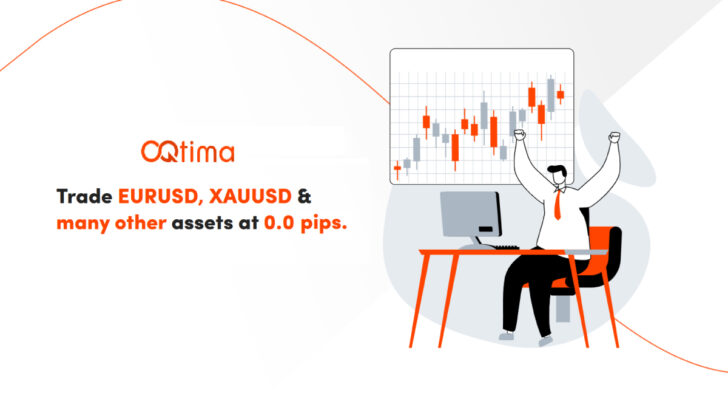Trend
What is Trend?
- What is Trend or Market Trend?
- 3 types of market trend
- Different Time-Frames
- How to determine Forex trend?
What is Trend or Market Trend?
- The general direction, either up or down, in which prices have been moving.
- Refers to the direction of prices. Rising peaks and troughs constitute an uptrend; falling peaks and troughs constitute a downtrend. A trading range is characterized by horizontal peaks and troughs. Trends are generally classified into major (longer than a year), intermediate (one to six months), or minor (less than a month).
Trend is the direction of price movement in the certain time frame.
Forex market can’t move straight, it always has the direction and speed.
So to get maximum profit from the transaction or close it in time, it’s necessary to know what the trend is and how to determine.
3 types of market trend
There are three types of Forex trends:
- Downward or bearish
is the sequence of decreasing peaks and drops. It’s observed during the falling of prices and maximum price levels. - Upward or bullish trend
the sequence of increasing peaks and troughs. It’s observed during the growth of prices and increasing the maximum price levels. - No trend (consolidation of the market)
the price movement is in single range.
Different Time-Frames
According to the main rule of the Forex market, it’s necessary to sell when it’s the downward trend and it’s necessary to buy when it’s upward trend.
If the market has no trend in this period, it is better to refrain from trading.
Types of trend by duration are:
- Short-term
lasts from one week to one month - Medium
lasts from one to six months - Long-term
lasting from one year
How to determine Forex trend?
It’s better to determine Forex trend on the long time-frames.
It’s difficult to determine Forex trend correctly on short time-frames, so the best time frames are considered day and week.
They are marked in trading terminal as (D) and (W), respectively.
The easiest way to determine the Forex trend is to draw trend lines, which form the support and resistance levels.
They are drawn on the basis of at least two price lows and highs.
If each next maximum is higher than the previous – there is upward trend on the market.
If each next minimum is lower than the previous – the market has downward trend.
Latest Features
- Close





